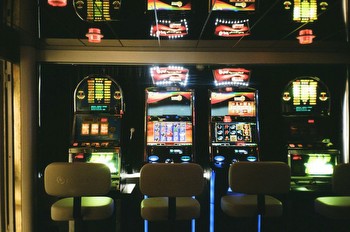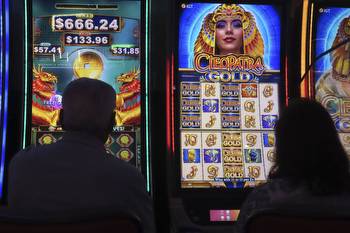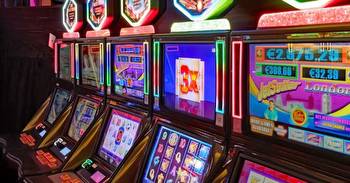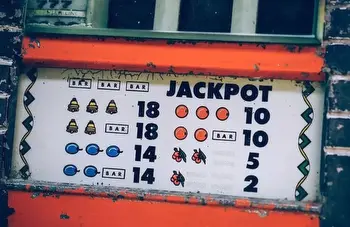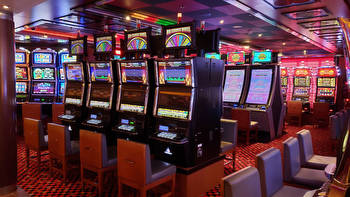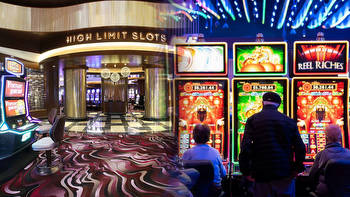Can Online Casinos Change RTP?

For folks who play casino slots for fun and those who play because they hope to hit a miracle jackpot, the concept of RTP may not mean much. After all, the goal is to hit a huge payout and log out.
For seasoned players, however, long term payout is the goal. These kinds of players want to win again and again. But for that to happen, they know they cannot afford to joke with RTP.
Also known as Return To Player, RTP is what determines the ratio of payout a casino slot returns to players over a given period. As a seasoned slot player, RTP is an essential factor that cannot be ignored. It is what determines how much you stand to gain or lose playing slots.
What is RTP, and why does it matter?
As earlier mentioned, RTP stands for the Return To Player ratio. It is a statistical factor expressed in percentages. It measures the rate of payout per stake on a slot machine.
For example, if a slot machine reads an RTP of 97%, it means for every $100 bet staked on it, the machine has to give back $97 in returns.
Does that mean everyone who bets $100 on a 97% slot machine stands to lose $3 every time? No, that’s not how RTP works. Some may play $100 and lose everything, and then another person may play and win $97. As far as the machine is concerned, it has fulfilled its 97% RTP within that given period.
What is the average RTP on most slot machines?
RTP rates range from casino to casino and from machine to machine. However, according to a report published on Forbes, the average payout rate in 2018 was 93.15%.
Who determines a slot machine’s RTP?
Since the advent of slot games, RTP rates have always been decided by the game’s creator. So, let’s assume you go online to play Starburst, the RTP rate on any machine you play at must have been programmed by Netent – the creator company responsible for the game.
So, does that mean the online casinos have no say over a machine’s RTP?
Yes and No.
Yes, in the sense that traditionally all slot machines had fixed RTP rates. However, lately, many manufacturers have started adopting the concept of RTP ranges, which allows casinos to tweak their machines within certain allowable ranges.
So, instead of a machine coming with a fixed 97% RTP like it has always been, many creators now make machines RTPs in the 94-97% range. With such an allowance, a casino can choose to make a machine run at 96% in one minute, and then the next minute; they switch to 94%.
As you can imagine, almost all online casinos have embraced the concept of RTP ranges, although there are still a few like this Judi slot gacor site that does things the old way. This site runs its machines on a fixed RTP because it believes every player deserves the same chance at all times.
Why do many online slot operators favor ranging RTP instead of fixed RTP?
To boost their profit margin, of course. Isn’t it obvious already? With a ranging RTP, an online casino has the opportunity to run its machines at an RTP that favors its bottom line.
Can a player know a machine’s RTP before playing on it?
Yes and No.
Yes, in the sense that some casino operators are fair and transparent enough to display their machines’ RTPs on their websites.
No, in the sense that some operators are secretive about this information. Since no law mandates casino operators to list their machine’s RTP, many operators choose to hide this information.
If you’re looking for where to play slots online, this factor may help you decide where to play or not.
Can you trust the RTP displayed on an online casino website?
Absolutely. Although no law mandates operators to show their RTPs, operators are bound by law to stick with any information disclosed on their website. So, if a casino operator lists an RTP on their website, they’re obliged to comply with it. If a casino is found to offer an RTP different from what it displays on its site, such a casino can get in trouble.
What can you do if you keep losing at a casino slot machine?
If a casino site doesn’t display its RTP and you keep losing, it may be wise to ask the operator about the slot’s RTP. Having such information can help you determine whether to continue trying your luck or move elsewhere









